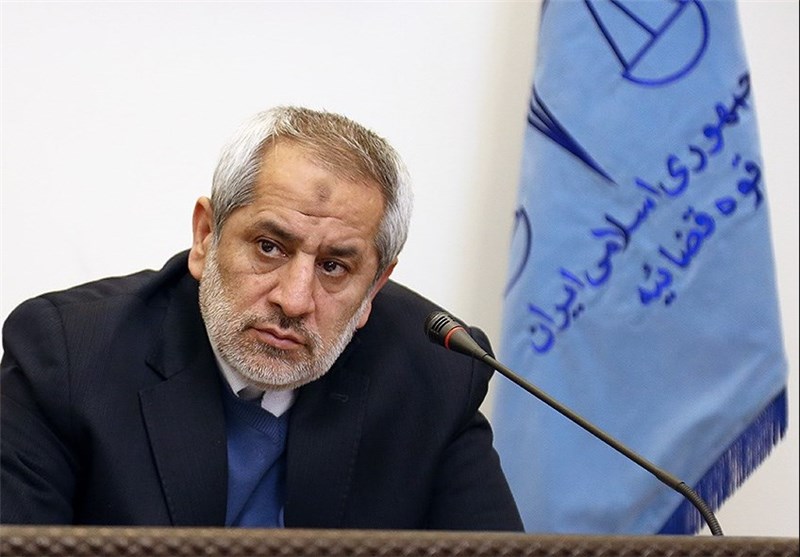
Prosecutor Warns against US Plot to Provoke ‘Civil Disobedience’ in Iran

"They (the US officials) want to create fear in the hearts of the (Iranian)
people by a psychological war and increase economic pressure through… imposing
sanctions against banks,” Abbas Jafari Dowlatabadi said during a meeting with a
number of Iranian judges in Tehran on Sunday.
In order to reach its goal, the US has had talks with high-ranking officials of
a number of countries, he added.
Dowlatabadi further pointed to peaceful protests in Tehran over price hikes and
said, "The enemy wants to portray the public demands as civil disobedience...”
The prosecutor also called on the country’s officials and ordinary people to
exercise vigilance against the US plots so that the people’s "legitimate
demands” would not turn into civil disobedience.
The remarks came as protesters in Tehran reportedly swarmed the capital’s
historic Grand Bazaar on Monday and forced shopkeepers to close their stalls,
months after similar demonstrations rocked the country.
The protests erupted after the Iranian rial dropped to 90,000 to the US dollar
on the country's black market, despite government attempts to control the
currency rate.
During late December and early January, peaceful protests over rising prices and
economic problems broke out in some Iranian cities, but the unauthorized
gatherings turned violent after a number of opportunists, some of them armed,
vandalized public property and launched attacks on police stations and
government buildings.
Iranian security officials say they have hard evidence that the protests were
directed from abroad.
They say many rioters arrested in the unrest have been trained by the MKO or had
links with Takfiri terrorist groups.
Following the unrest, people held several demonstrations across the country to
condemn the violent riots and acts of vandalism, and voice support for the
Islamic Republic’s Establishment.
Iranian officials maintain that people have the right to stage protests to
express their opinions as long as rallies comply with the legal conditions.
Source: Tasnim















